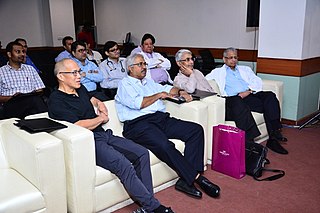A Quote by Aimee Bender
As a kid, I often figured it was good to be patient to a fault.
Related Quotes
Be eager to lend a patient ear to the opinions of others and think long and hard whether whoever finds fault has reason or not to censure you. And if the answer is yes, correct the fault. If no, give the impression that you have not heard him, or if he is a man whom you respect, explain to him why he is mistaken.
You know there's always that kid in your class — and every class has one — the kid who draws all the time and is really good? That was not me. I was a lousy draftsman. But as soon as I figured out that I could make things come alive, like using the corners of my math book to make flipbooks, I was hooked.
When people say there is a 'reason' for the depression, they insult the person who suffers, making it seem that those in agony are somehow at fault for not 'cheering up.' The fact is that those who suffer - and those who love them - are no more at fault for depression than a cancer patient is for a tumor.
The normal kid can differentiate between various aspects of life, but a kid with dyslexia has to connect all those dots, and they have to link it like a chain. Teachers can't incorporate that. They don't have time; it's not their fault. They don't have the resources to give personal attention to each kid in the classroom.
It's been the greatest gift that I've been given. Because no matter how much my parents have asked me to be more patient, no matter much my husband has asked me to be more patient, none of it mattered until I had a kid. And then all of sudden I was like, "Oh. I have to be more patient." They were all like, "Yeah! We've been telling you that for twenty years!" And I find it to be a gift. Every day I'm more patient.







































